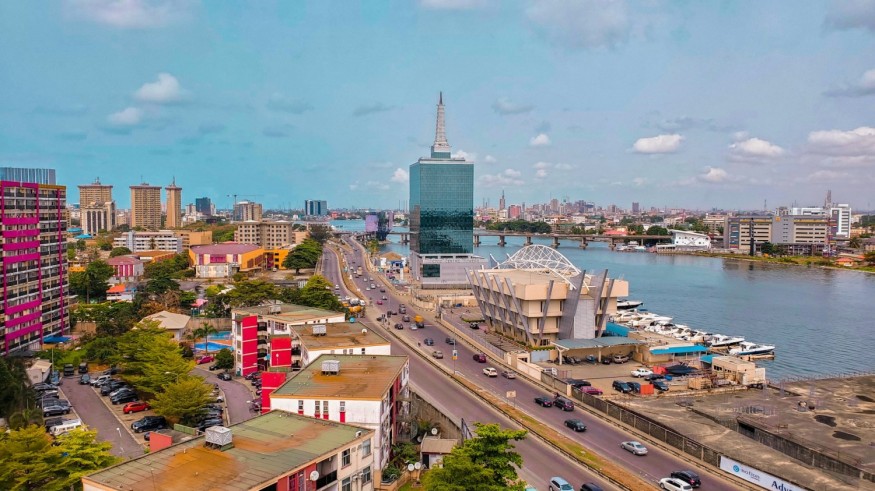African megacities like Cairo in Egypt and Lagos in Nigeria are at risk of various weather, climatic, and pathogenic factors. Scientists warn that these bustling urban centers are threatened by extreme heat, flooding, and disease that can affect millions of people. They urged that action is needed to make environment-friendly measures and adapting to climate change is necessary.
The warning comes after a deadly heat wave struck Africa's Sahel region in late March and early April 2024, resulting in the deaths of more than 100 people, including in Mali. Scientists describe the extreme weather event earlier this year as "impossible" to happen, especially without the influence of anthropogenic climate change caused by human-induced greenhouse gas emissions.
African Megacities at Risk

Climate change-driven heat and flooding rain, as well as diseases such as cholera, malaria, and dengue fever, are threatening the growing population of African megacities like Lagos and Cairo. This warning is according to scientists, as cited in a report earlier this week, who predicted that the coming decades could result in deadly environmental repercussions in these vast metropolitan areas.
The warning highlights that Lagos (with 21 million residents) and Cairo (with 10 million residents) are currently under rising temperatures due to the so-called urban heat island effect and the current climate crisis. According to the U.S. Environmental Protection Agency (EPA), the urban heat islands phenomena occur when large cities replace natural land with concrete and other structures.
The EPA explains that these artificial 'urban jungles' absorb and retain heat faster than natural terrestrial ecosystems. With this, the urban heat island effect results in an energy cost spike, mainly due to the intense heat. Furthermore, the heat also contributes to air pollution levels and may lead to heat-related illnesses, as well as potential death.
While this phenomenon applies to multiple cities and urban areas nationwide, recent scientific literature has been specific towards Africa, which is also experiencing regional drought events.
African Heat Wave
The warning towards African megacities came following a deadly heat wave in the Sahel and West Africa regions, where over 100 people died amid scorching temperatures. The affected countries include Burkina Faso, Chad, Guinea, Mali, Niger, Nigeria, and Senegal, with temperatures reaching more than 45 degrees Celsius, the World Weather Attribution organization reported.
The extreme Africa heat wave or Sahel heat wave signifies that climate change is already taking a toll in the region, as pointed out by scientists before. Meanwhile, southern Africa is experiencing an extreme environmental and humanitarian crisis due to an intensified, severe drought in the region, according to a report by the European Commission earlier in April.
Aside from natural disasters, pathogens are also threatening the public health of some African megacities through the contraction of food-borne and vector-borne diseases. Based on previous research, food insecurity and lack of access to clean water in some impoverished populations across the continent can also add to the compounding threats mentioned earlier.
© 2025 NatureWorldNews.com All rights reserved. Do not reproduce without permission.





